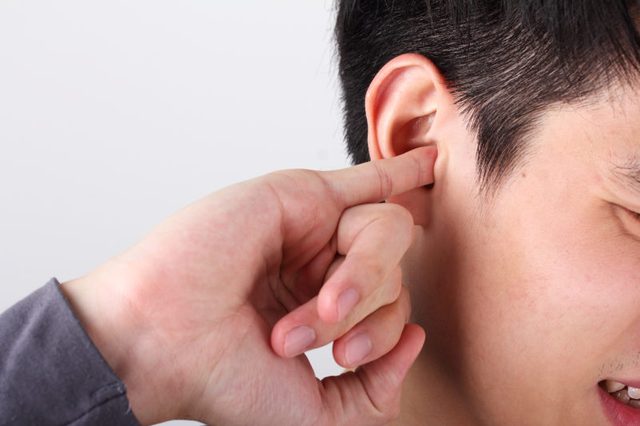
Silent signs of hearing loss
You may think hearing loss is a problem for just the elderly, but the World Health Organization reports that 50 percent of people aged 13 to 35 years are at risk for developing hearing loss due to recreational noise (think smartphones, audio players).
Start by lowering your earbud volume, but also keep an eye out for these signs of hearing loss you may be ignoring.
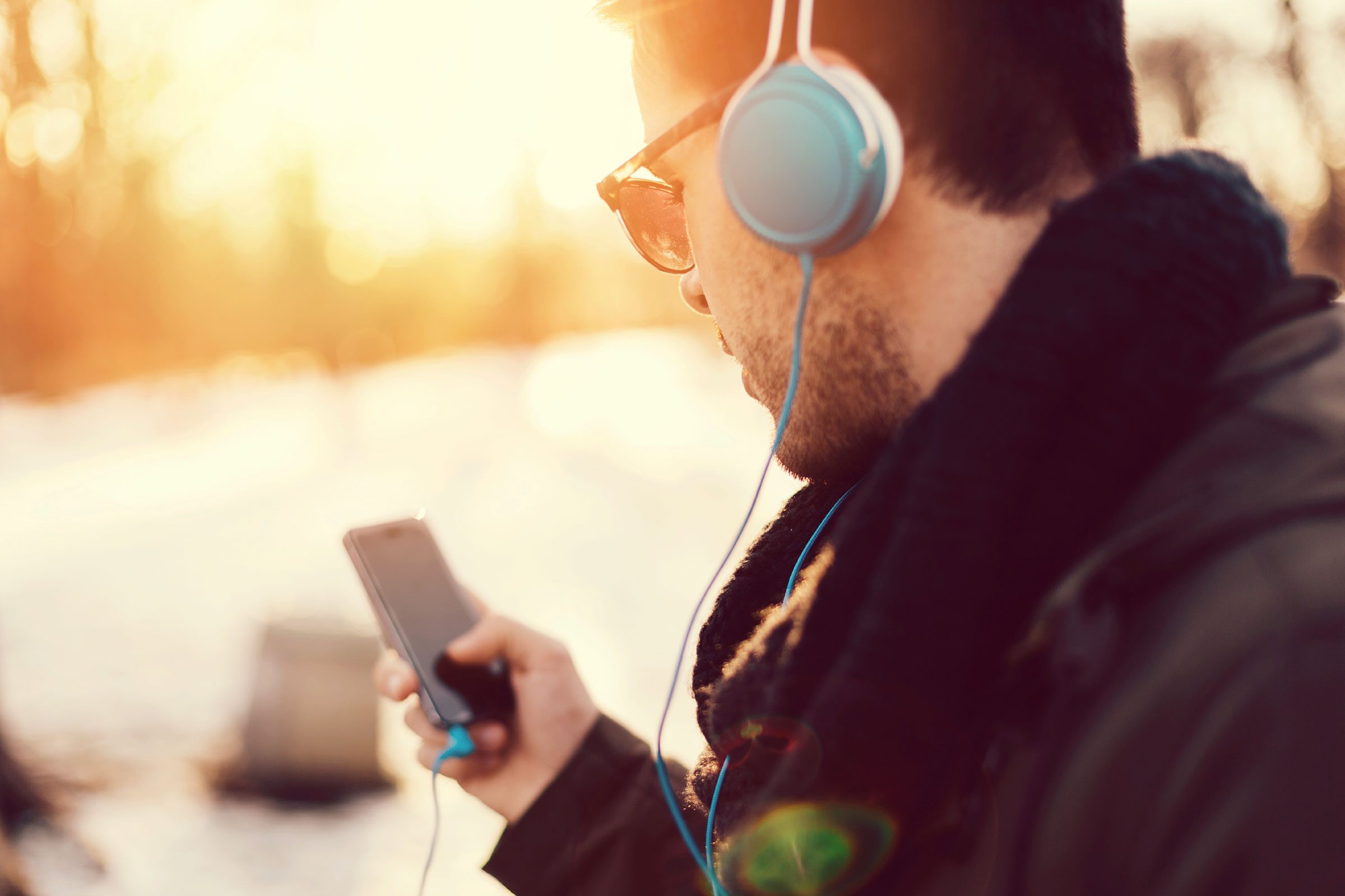
Your ears buzz or ring
Ringing or buzzing in the ears that comes and goes is one of the earliest signs of hearing loss. “When it’s quiet, you may start to hear a low-level buzzing or ringing sound in the background. When it becomes more noticeable and is more frequent or constantly there, that means you’ve damaged the nerves in your ear,” says Robert L. Pincus, MD, associate professor in the department of otolaryngology at New York Medical College, and a physician in private practice in the New York Otolaryngology Group.
Headphone use is a big contributor to hearing damage, so younger generations should start paying attention to signs of hearing loss now, says Sreekant Cherukuri, MD, an otolaryngologist in Chicago and founder of MDHearingAid.com, an affordable hearing aid company. “Permanent hearing loss can occur in eight to 15 minutes of listening to music on the maximum volume level,” he says. “If you have temporary ringing or buzzing when you stop your music, that should be your earliest clue that it’s too loud.” Dr. Cherukuri suggests investing in over-the-ear noise-canceling headphones because they reduce environmental noise, like traffic, which means you don’t have to turn up the volume to hear. Earbud headphones are popular, but dangerous because they sit close to the eardrum, he says.
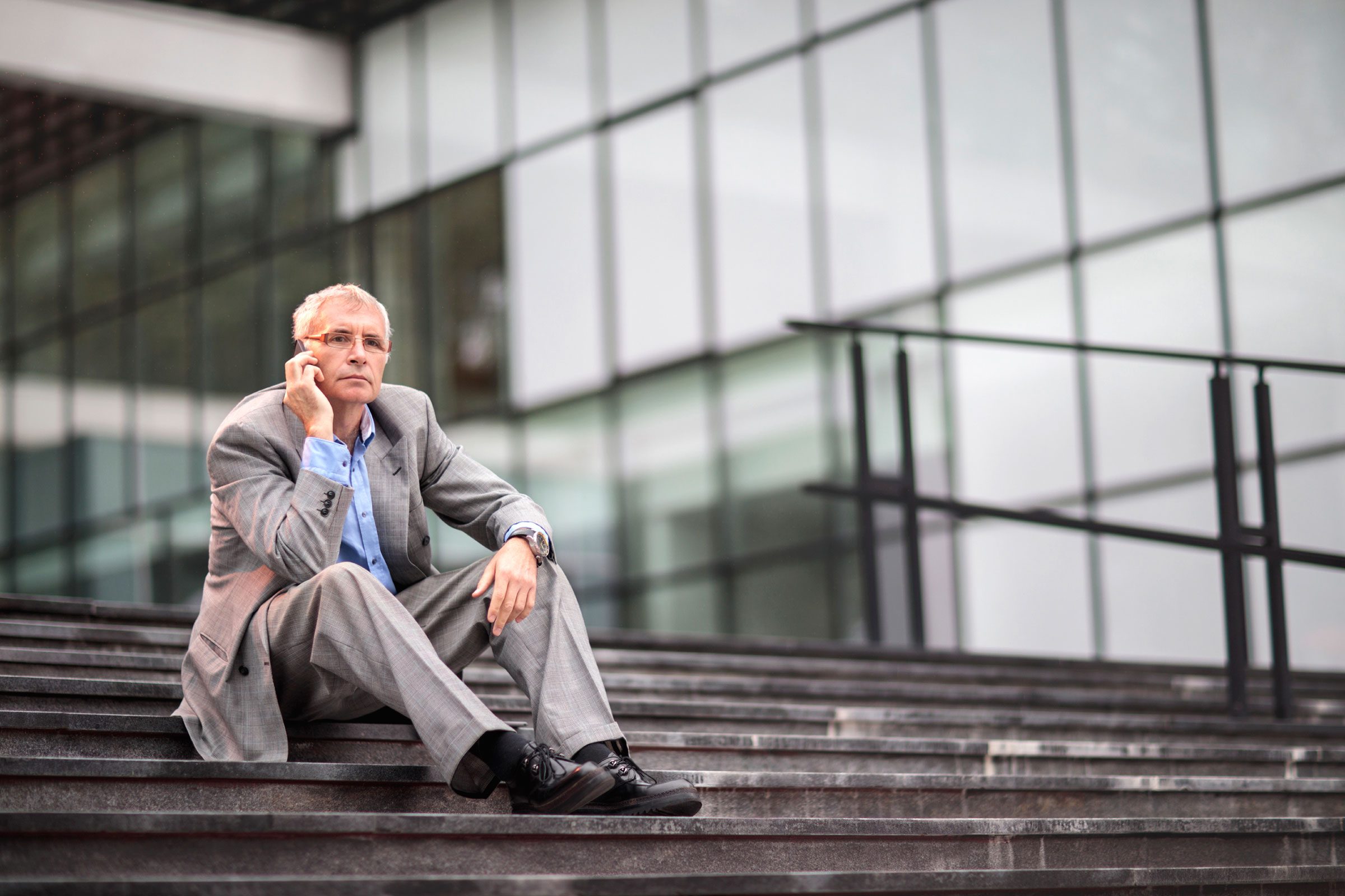
Your balance is off
If you notice yourself stumbling more often, clumsiness might not be to blame: This could be one of the signs of hearing loss. “When people have trouble hearing, they spend so much effort trying to hear that simple things like balance get less of the brain’s attention,” says Dr. Cherukuri. Your inner ear canals send signals to your brain to help you balance, so damage to them may make you a bit off-kilter.
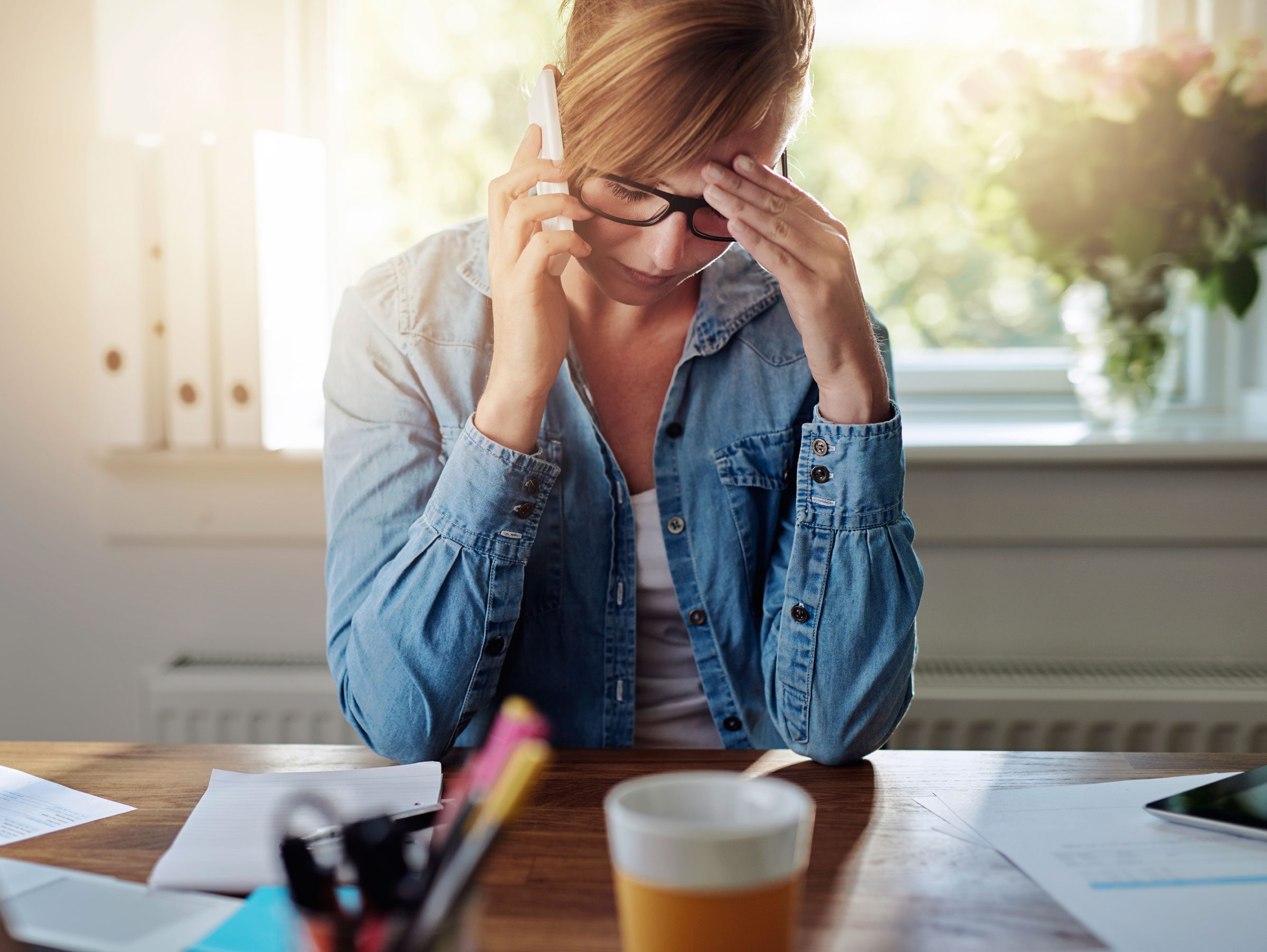
You’re getting more forgetful
“So much of memory is based on what you hear. It’s hard to remember things when you can’t hear,” says Dr. Cherukuri. As you get older, though, hearing loss may become an indicator of mental decline. That’s why hearing loss often leads to social isolation, which is a risk factor for cognitive decline. Another factor: If your hearing is impaired, he explains, your brain may devote extra energy to processing sound at the expense of memory and thinking. (This is what your earwax says about your health.)
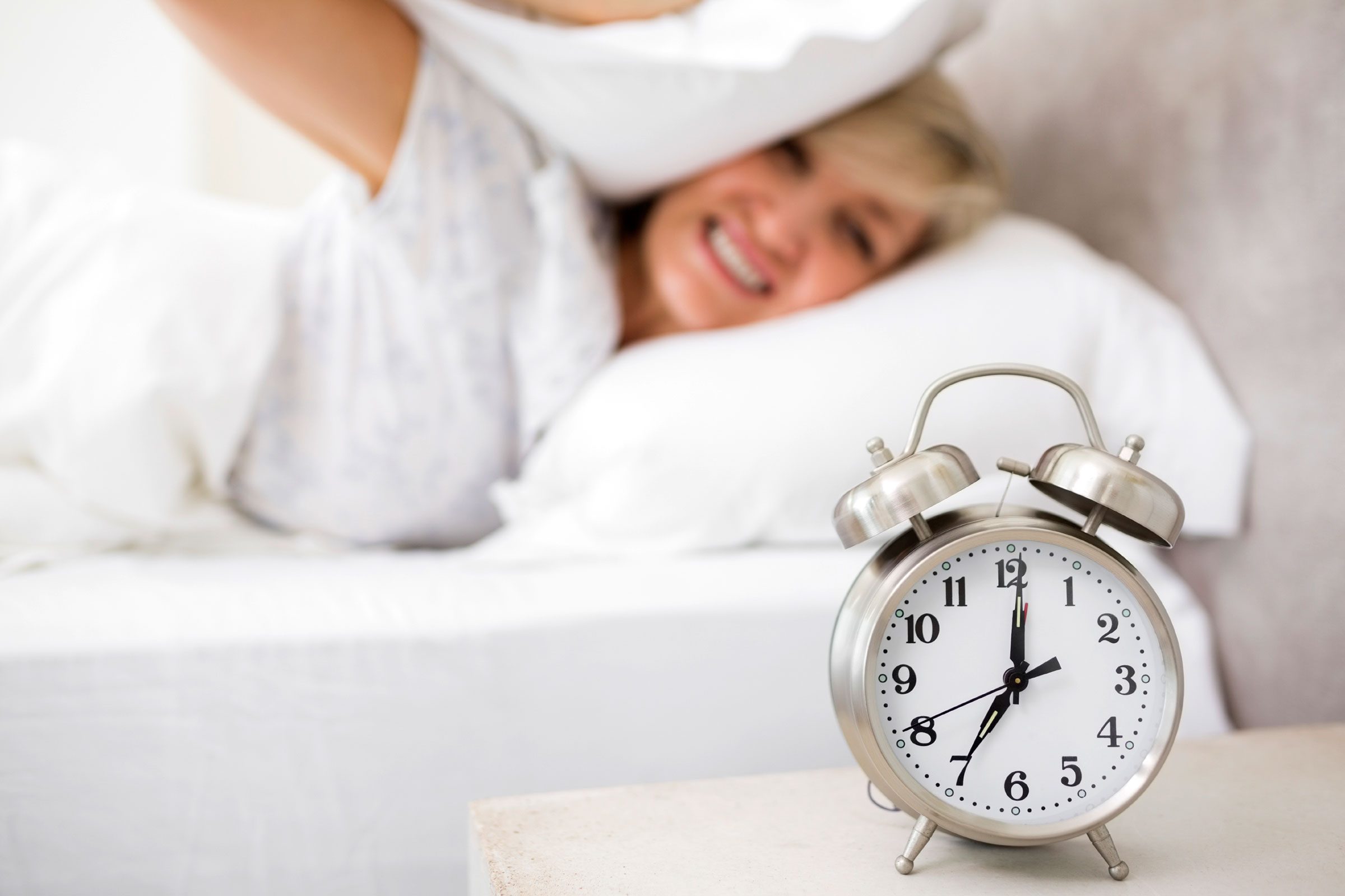
Loud noises are painful
Rumbling subways and car horns can be loud and irritating, but the sounds shouldn’t be painful. If they are, these could be signs of hearing loss. “When you lose your hearing, your ear is less able to dampen loud noises, which may cause your ears to hurt around loud noises,” says Dr. Pincus. “The pain is hard to describe, but it’s somewhere between a sharp shooting pain and a dull ache.”

You’re constantly saying “what?”
If you have trouble hearing in places with lots of background noise, like a restaurant, don’t blame it on the loud chatter or poor acoustics. “A good functioning ear can pick up what you want to hear in a noisy room. If you can’t, that could be one of the early signs of hearing loss in the upper ranges,” says Dr. Pincus. (This is how you really should be cleaning your ears–and there’s no Q-tip required.)